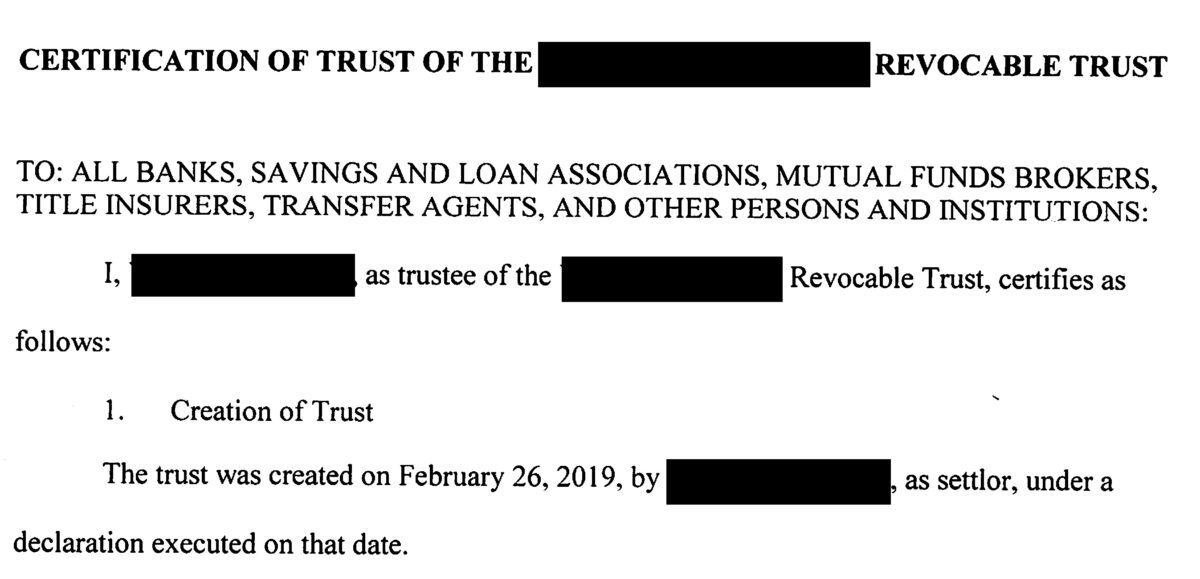California Probate Code Sections 11420 and 19001 require an estate Executor, Administrator, or Trustee to pay known and credible Creditors.
Probate Code 11420 states:
(a) Debts shall be paid in the following order of priority among classes of debts, except that debts owed to the United States or to this state that have preference under the laws of the United States or of this state shall be given the preference required by such laws:
(1) Expenses of administration. With respect to obligations secured by mortgage, deed of trust, or other lien, including, but not limited to, a judgment lien, only those expenses of administration incurred that are reasonably related to the administration of that property by which obligations are secured shall be given priority over these obligations.
(2) Obligations secured by a mortgage, deed of trust, or other lien, including, but not limited to, a judgment lien, in the order of their priority, so far as they may be paid out of the proceeds of the property subject to the lien. If the proceeds are insufficient, the part of the obligation remaining unsatisfied shall be classed with general debts.
(3) Funeral expenses.
(4) Expenses of last illness.
(5) Family allowance.
(6) Wage claims.
(7) General debts, including judgments not secured by a lien and all other debts not included in a prior class.
(b) Except as otherwise provided by statute, the debts of each class are without preference or priority one over another. No debt of any class may be paid until all those of prior classes are paid in full. If property in the estate is insufficient to pay all debts of any class in full, each debt in that class shall be paid a proportionate share.
Probate Code Sections 21401 and 21402 list the shares of beneficiaries to be abated for the purpose of satisfying the aforementioned estate debts:
1) Property not disposed of by the instrument.
(2) Residuary gifts.
(3) General gifts to persons other than the transferor’s relatives.
(4) General gifts to the transferor’s relatives.
(5) Specific gifts to persons other than the transferor’s relatives.
(6) Specific gifts to the transferor’s relatives.
Per Probate Section Code 19400, failure to provide the required creditor notice, and the beneficiary receives an estate distribution, then the beneficiary is personally liable.





